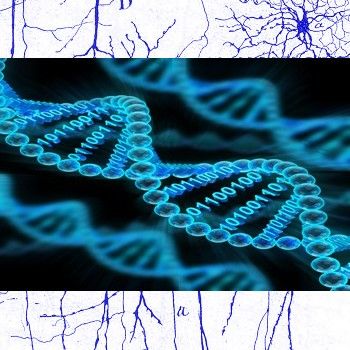
Biocomputers
The future of “computational biology”: biocomputers
In short words, “Biocomputers” are where Biology and Computers meet. It uses the complex workings of biological systems to perform computations. Biocomputers are different from regular silicon-based computers: they use biological…
MoreThe future of “computational biology”: biocomputers
In short words, “Biocomputers” are where Biology and Computers meet. It uses the complex workings of biological systems to perform computations. Biocomputers are different from regular silicon-based computers: they use biological molecules such as DNA, proteins, and/or cells for performing calculations. This unique method has several advantages including the ability to conduct massive parallel processing and energy efficiency probably beyond what current electronic computers can do.
Recent developments have shown that biocomputers can be applied in different areas. One example is DNA computing which makes use of the natural ability of DNA to store and manipulate information resulting in complex problems solving at a much faster rate than conventional computers. Alternatively, protein-based biocomputers take advantage of the diverse functions exhibited by proteins to execute biochemical processes similar to logical operations.
Synthetic biology is one promising area of biocomputing. Engineered cells could work like biological circuitry sensing changes in the environment or making decisions according to genetically programmed directions. This development offers many prospects for its applications in healthcare, and environmental monitoring among others.
Less